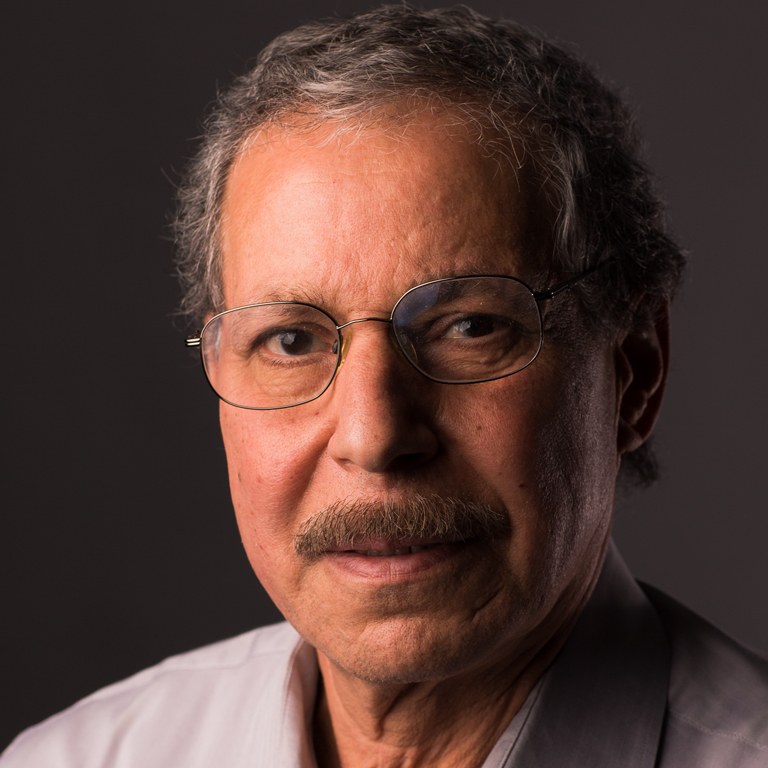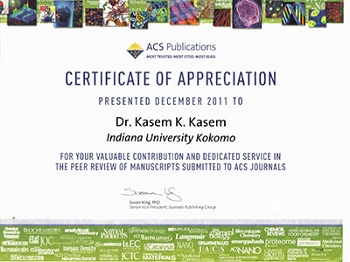Philosophy: I believe that the instructor at the college level is not a book interpreter. In order to avoid students' frustrations or boredom with their textbooks, I believe a professor should edit information narrated in such books by adding to deficiencies in the information given, or by deleting extensively windy or unnecessary information. When teaching chemistry majors a professor should, despite the level of the course, review fundamental basics of chemistry in the introductory lectures of the semester (e.g. review sessions.) He/she should also correlate materials covered in class to complement a coinciding lab to better reinforce covered subjects and he/she should provide an intellectual challenge to substantiate students' talents in modern chemistry. Finally, I believe a thorough professor may assign a chemistry student a small project which would further that student's understanding and application of chemistry in his/her chosen field.
Approach: Initially, I assess the potential of the student based on his/her prior exposure to chemistry in general (pre-lab quizzes or first exams usually offer significant information). I then create tests that enable my students to understand the importance of model-building, the necessity for integrating course content, and as a vehicle for communicating my philosophy of teaching. My tests do not merely focus on evaluation but also on development of intellectual-mindedness. This approach reflects the educational research which aims at meta-level thinking. Finally, I encourage students to seek special help which I offer through my office hours. I average about 10 hours per week, which services approximately 30 students.
Practice Questions: C101, C105, C106



